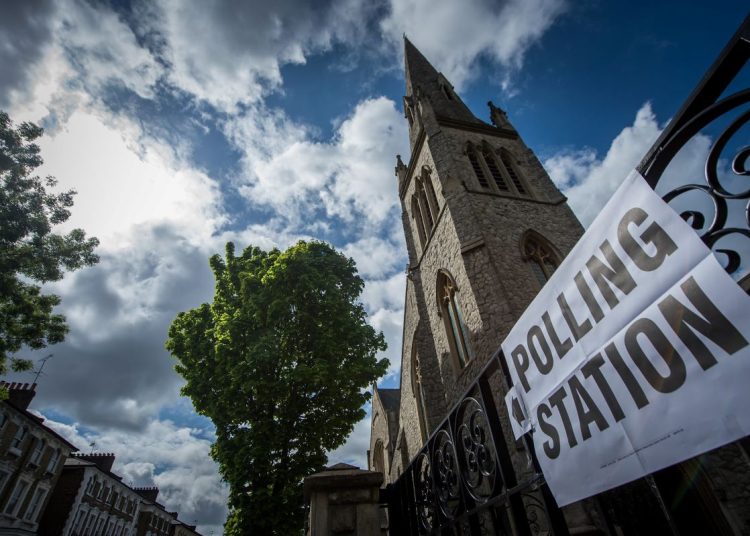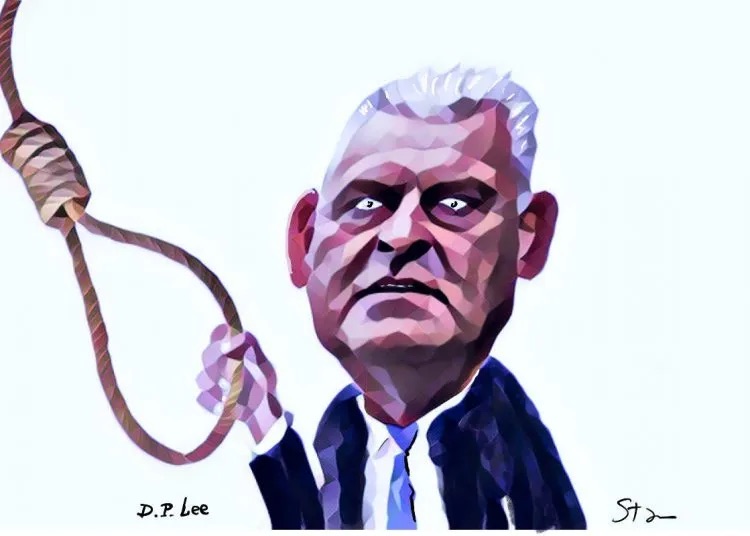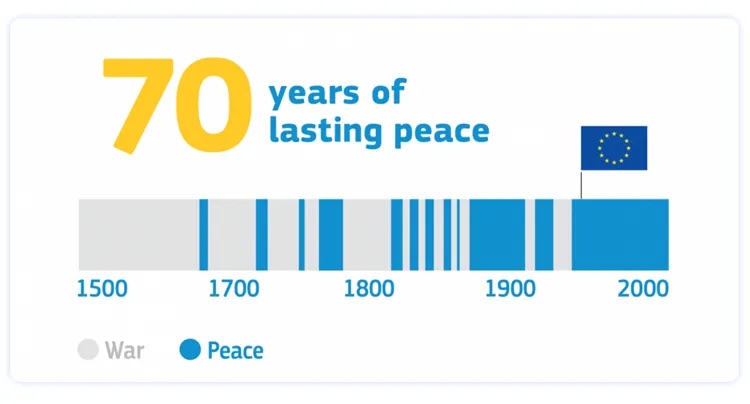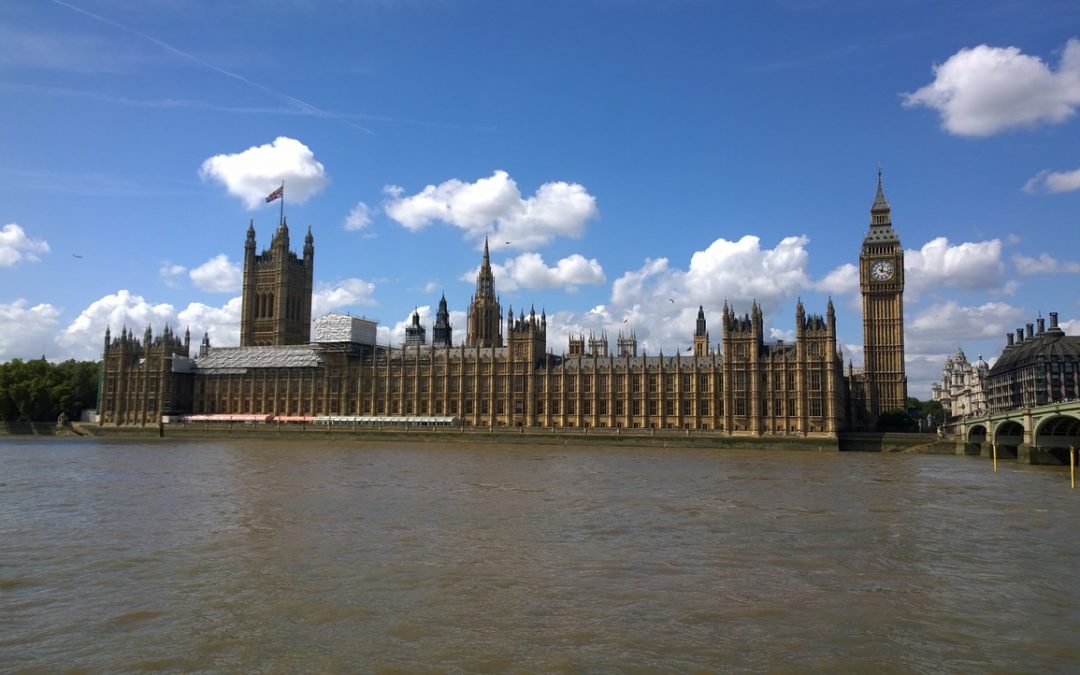
Give me back my vote!
Millions of disenfranchised Brits living abroad care deeply about British politics and would like to have their vote back now, writes Bremain Chair Sue Wilson MBE for Yorkshire Bylines.
The Conservatives are in trouble. They are running scared and hoping we won’t notice. Millions of potential voters across the country, and further afield, are desperate to oust them democratically at the next election. The question is, will they let us?
Elections Act not all bad news
When the Elections Act became law in April 2022, it caused justifiable outrage, especially regarding new voter ID requirements. Supposedly designed to prevent voter fraud at the ballot box, it was a solution in search of a non-existent problem. As a result, millions of people are likely to be disenfranchised from voting, most especially the young. The fact that young people are less likely to vote Conservative may just be a coincidence. Or not.
But what the Elections Act took away with one hand, it gave back with another. Hidden behind the bad news was some good news for British citizens living abroad. For years the government pledged in multiple manifestos to return democratic voting rights to Brits overseas. The rule that excluded emigrants from voting in UK elections after 15 years abroad was finally being rescinded. British citizens living abroad would finally be able have their say at the polling booths. Well, almost.
A law passed last year, the Elections Act 2022, restored the lifelong right to vote for Britons overseas. However, secondary legislation has to be passed to determine how to register and how to vote. @BritishInEurope survey seeks views of Brits abroad.
https://t.co/vPMK9FlPPZ— Europe Street (@EuropeStreet) February 14, 2023
More hoops to jump through for disenfranchised British emigrants
Before disenfranchised British emigrants are able to vote in forthcoming elections, secondary legislation is required. Until recently that legislation was promised this summer, with a view to restoring expatriate voting rights ahead of the next general election. However, the most recent correspondence from the Department for Levelling Up, Housing and Communities (DLUHC) confirmed that the timing of that legislation has already slipped.
In recent correspondence, the DLUHC stated an intention “that legislation will be implemented to facilitate registration of eligible British citizens from Autumn 2023”. Many Brits abroad, anxious to take advantage of restored voting rights as soon as possible, will be questioning whether further delays are likely. That’s without their considerable concerns that necessary changes won’t be implemented in time for the next general election.
In order to vote, it will be necessary to register to do so and to be assessed for eligibility. According to the DLUHC it is also “imperative that voters and those who administer our elections have sufficient time to understand the new rules and to prepare accordingly”. So, no rush then.
Wow. @HelenMorganMP asks a legitimate questions about the rollout of #VoterID – which Electoral Commission warns will be a mess. Minister tells her to watch her tone, denies it's happening, and suggest those who will be disenfranchised were probably not interested in voting. ~AA pic.twitter.com/L3wAd2Ssfm
— Best for Britain (@BestForBritain) February 21, 2023
To vote or not to vote
Ministerial responsibility for overseas voters has recently passed to Lee Rowley MP. His answers to questions in the House of Commons recently did not instil confidence.
With local elections just ten weeks away, MP Helen Morgan raised questions about the rollout of voter ID. In response, Rowley disputed the numbers of voters likely to be disenfranchised suggesting that many who were unable to vote wouldn’t have chosen to do so anyway. He added that the purpose of a democracy was for people to “have both the right to vote and not to vote”.
Millions of British citizens abroad, and young people at home, may well be desperate to exercise that right to vote but be unable to do so thanks to government actions, or lack of them.
Strong connections to the UK
When the restoration of overseas voting rights was first included in their manifesto, the government likely expected a grateful overseas audience to reward them at the next election. Post-Brexit, if they have any self-awareness at all, they’ll now understand that things may have changed. Many Brits living in Europe were hugely affected by the consequences of Brexit. Bad enough if you voted against it but intolerable if you were prevented even from doing that.
But the battle to have our voice in British politics has not just been with the government. There was also opposition from members of the British public suggesting those that chose to live abroad should have no say in UK politics. That message is still being heard, unlike ours.
Whether Brits back home like it or not, connections with the UK – even for those that haven’t lived there for years – remain strong. For many that connection is family. For others it could be work, property, taxes, pension, or even military service. For many it is deep routed feelings of identity. You can take the person out of the country, you can’t often take the country out of the person. Much as we might want to at times when witnessing the destruction of a country increasingly difficult to recognise.
Honouring Harry Shindler OBE
Whatever the reason for strong connections with the UK, it’s also about UK politics. Decisions made by the British government affect lives of all British citizens, regardless of where they choose to live. To have previously valued rights and freedoms taken away by a government we can’t even vote for, or against, is painful. Not to mention undemocratic.
Citizens’ rights groups all over Europe have campaigned tirelessly to enable disenfranchised Brits abroad to once again have their say in British politics. That campaign was started over 25 years ago by veteran campaigner, Harry Shindler OBE. Sadly, at the age of 101 years Harry died this week, unable to cast his British vote one last time. Though at least he did live long enough to see the law finally changed.
According to the government’s own impact assessment, there are over 3.5 million eligible British voters living abroad. It is up to all of us to keep up the fight until the last ‘i’ is dotted and ‘t’ is crossed. We owe it to Harry to finish the job he started and to use our votes to tell this government what we really think of them. They are probably not going to like it!











